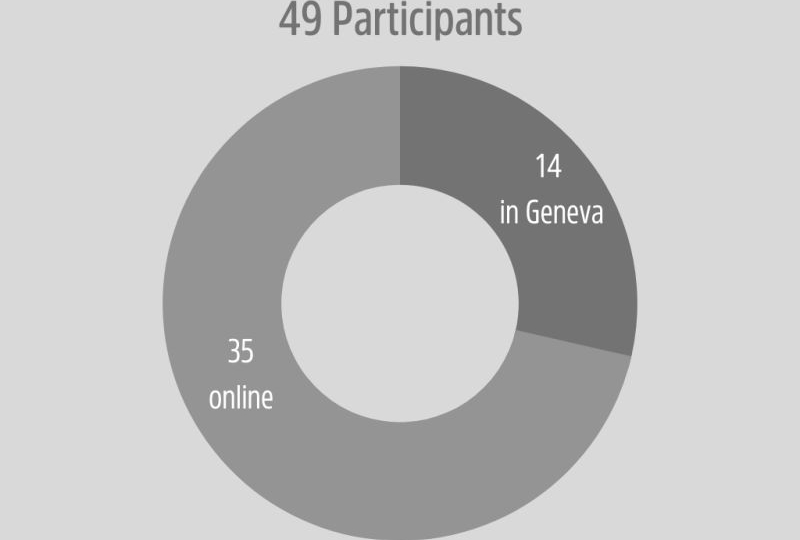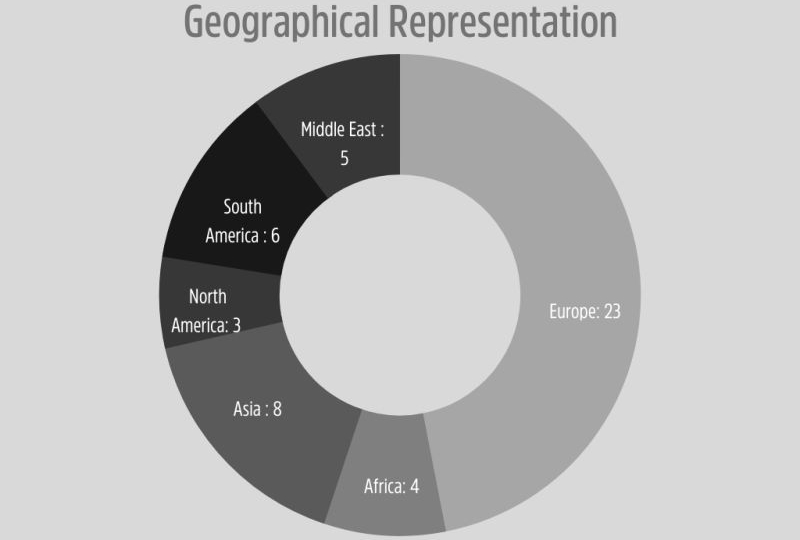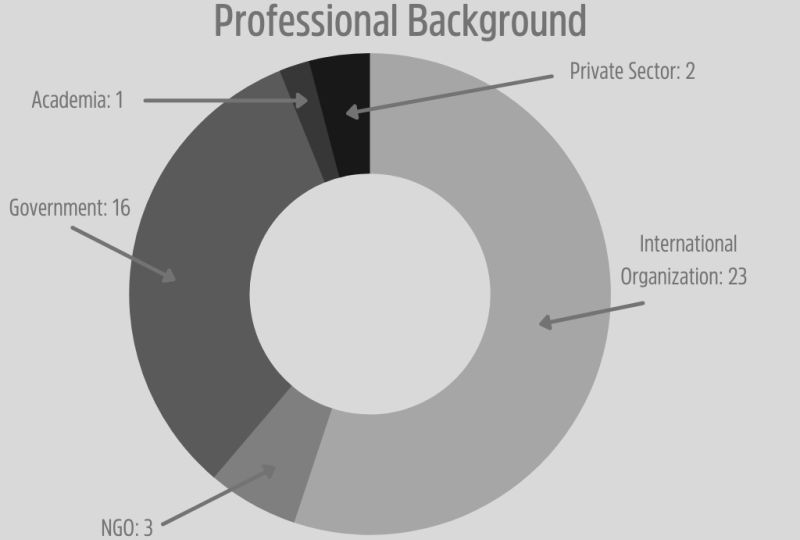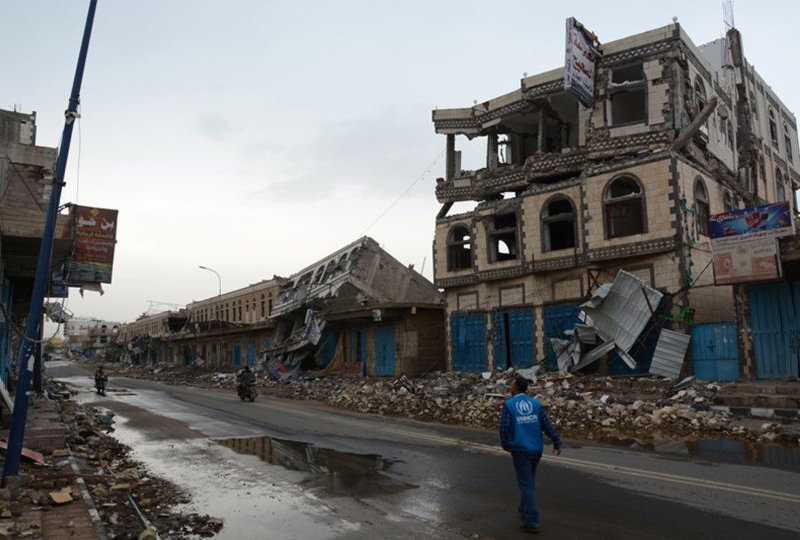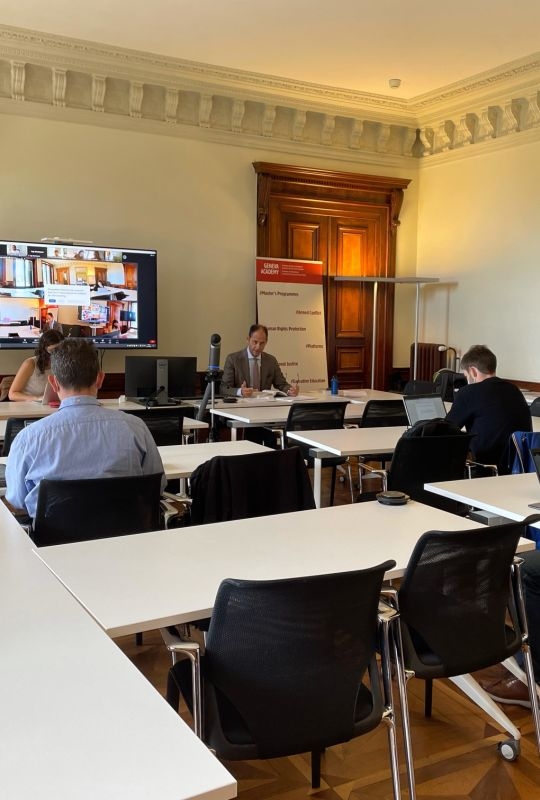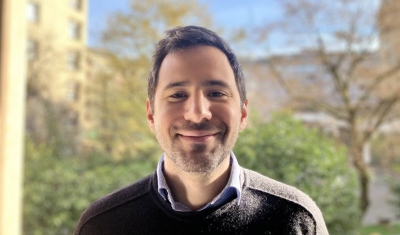The 49 participants come from 33 different countries and work for the International Committee of the Red Cross, the International Organization for Migration, the United Nations, the OSCE Office for Democratic Institutions and Human Rights, the World Food Programme, Amnesty International, Doctors without Borders or for several permanent missions in Geneva.
Two participants who follow the programme in person are enrolled via the University of Geneva’s Horizon académique programme which promotes the professional integration of refugees and migrants.
‘We have a variety of profiles and backgrounds – diplomats, ICRC delegates, lawyers, legal advisers, communication specialists, or experts in counter-terrorism or criminal law – that brings a tremendous richness for the exchanges and discussions in class. This allows participants not only to reflect upon and apply the legal concepts discussed in class to their daily work but also listen to different positions, arguments and approaches’ underlines Professor Gaggioli.


